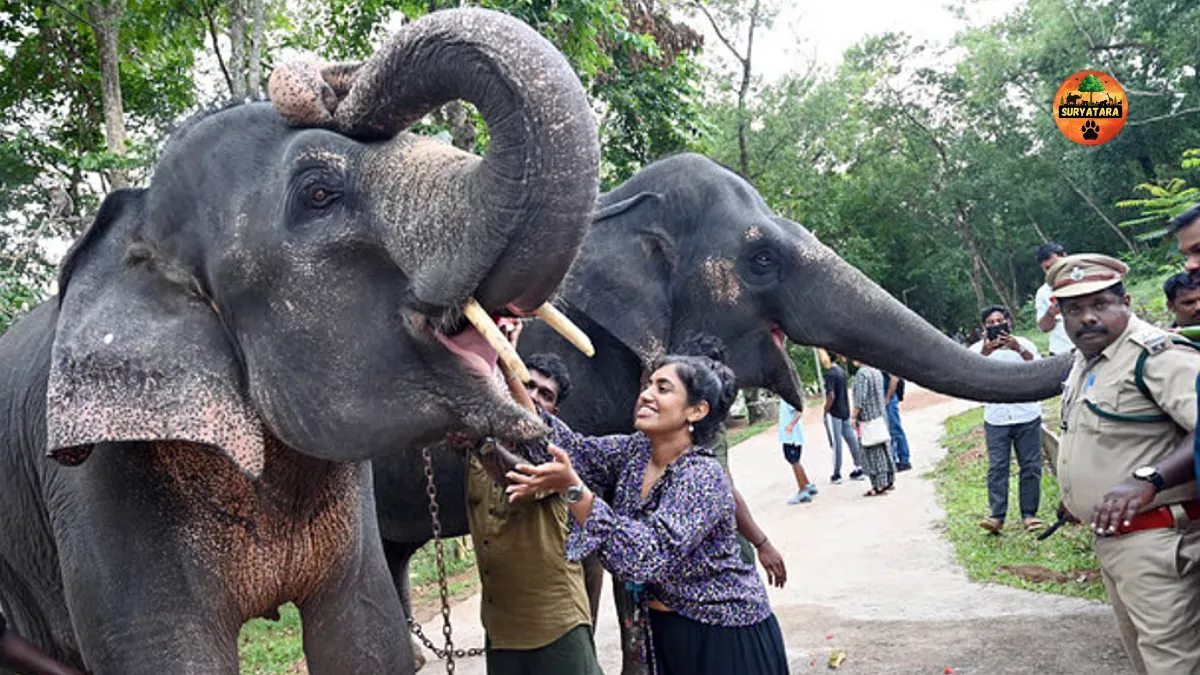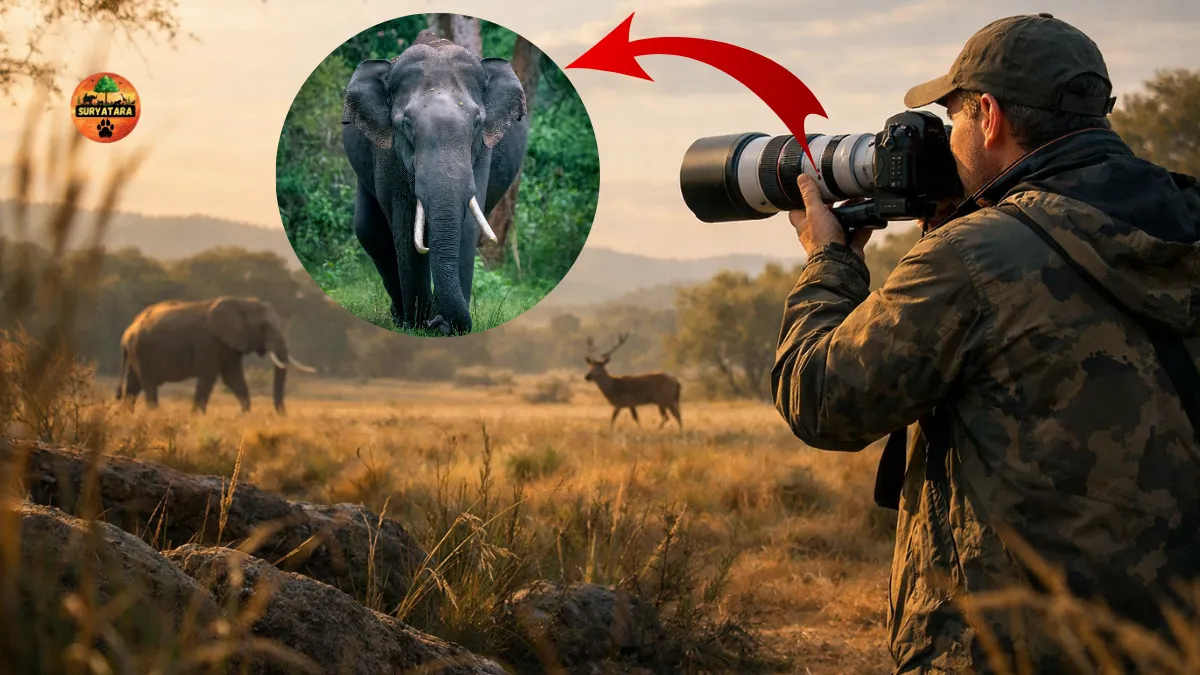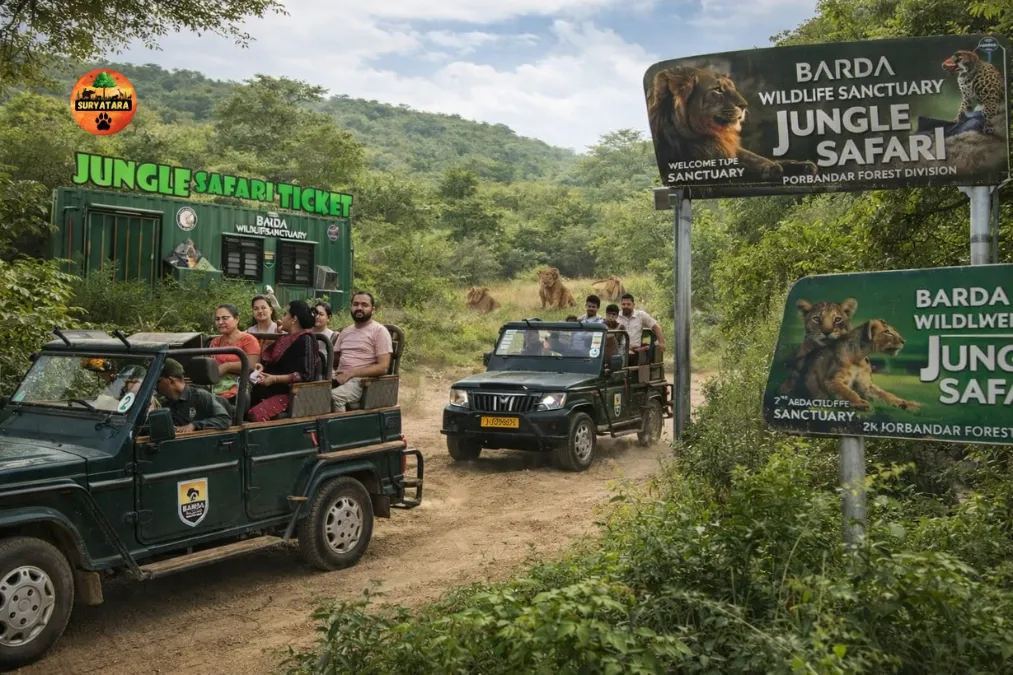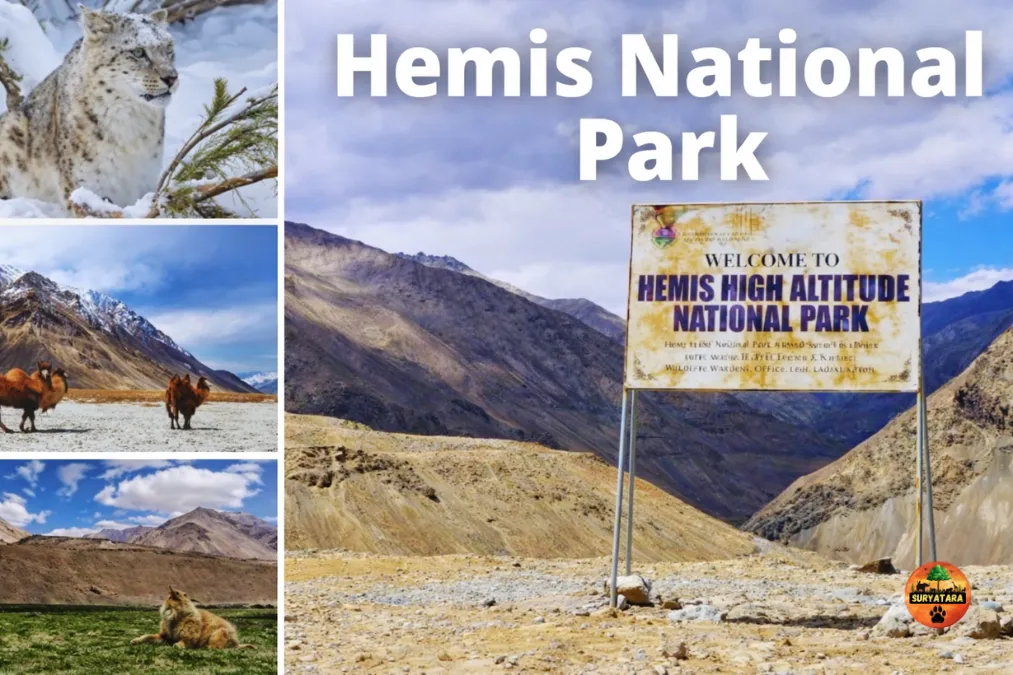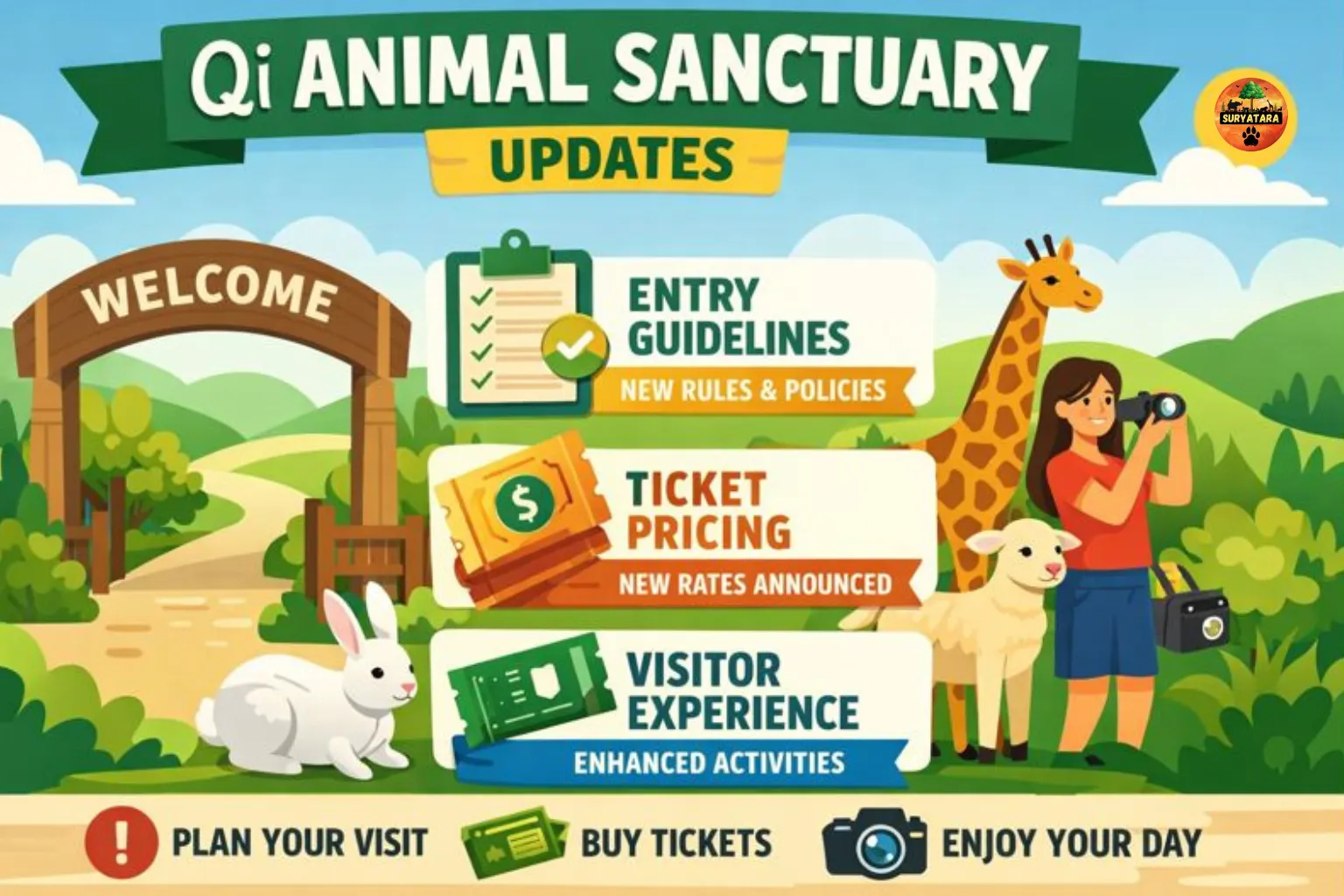Thiruvananthapuram, Kerala | August 12, 2025
Elephants have always been a symbol of Kerala’s rich cultural heritage. From temple festivals to grand processions, these gentle giants are decorated and showcased as icons of tradition. However, behind the celebrations lies a grim reality — captive elephants in Kerala are under immense stress, suffering from poor care, health problems, and unnatural living conditions. The recent deaths of festival elephants have raised serious questions about the way they are managed and highlighted the urgent need for natural habitats like the Kottur Elephant Rehabilitation Centre.
The Crisis of Captive Elephants in Kerala
In Kerala, temple festivals are incomplete without elephants. Yet, the situation of these animals is alarming. According to experts, there are only around 380 captive elephants left in the state, of which 42 are female. Out of 338 tuskers, more than half are in musth during the festival season — a period when they become highly aggressive and vulnerable to stress-related diseases.
Every year, nearly 150 elephants are forced to participate in over 1,500 festivals across the state. Constant transportation, loud music, bright lights, and long hours without rest have severely impacted their health. Veterinarians confirm that many elephants are overworked, dehydrated, and subjected to unnatural living conditions.
The Tragic Story of Puthuppally Sadhu
The plight of Puthuppally Sadhu, a celebrity elephant, became a turning point in Kerala. Sadhu suffered from impaction — a severe blockage in the intestines — which prevented him from eating or digesting food. For 24 painful days, he battled the condition before collapsing.
Initially, veterinarians from the state animal husbandry department attempted treatment, but his condition worsened. Later, experts from Vantara, the wildlife rescue centre run by Reliance Foundation, were called in. They performed a colonoscopy and removed the accumulated mass, but despite their best efforts, Sadhu could not survive.
Sadhu’s story is a reminder of the urgent need for improved veterinary practices and better management systems for elephants in captivity.
Why Elephants Suffer During Festivals
Several factors contribute to the poor health of Kerala’s captive elephants:
- Unnatural Diet: During festivals, elephants are often fed rice and sugarcane as part of rituals like Aanayootu. Experts warn that such food is not suitable for their digestive system and can disturb gut health.
- Lack of Rest: Instead of roaming freely in forests, elephants are chained and forced to walk long hours on tarred roads, which affects their feet and overall fitness.
- Stress and Musth: More than 50% of elephants are in musth during the festival season, making them aggressive. To control them, unethical methods and heavy medication are used, causing further stress and long-term health problems.
- Poor Hygiene: Without regular access to water and mud baths, elephants face skin infections and foot diseases.
The Role of Kottur Elephant Rehabilitation Centre
To address this crisis, the Kerala Forest Department has proposed developing a 450-acre natural habitat at the Kottur Elephant Rehabilitation Centre. The goal is to create a safe, free, and natural environment where elephants can roam, bathe, and feed without stress.
At Kottur, elephants are provided with:
- Regular access to rivers and ponds for bathing.
- A natural diet including grass, leaves, and fruits instead of festival offerings.
- Medical care and regular health check-ups.
- Opportunities for social interaction with other elephants.
This initiative is designed not only to improve the health of existing captive elephants but also to serve as an educational hub for conservation and awareness.
Lessons from Tamil Nadu
Experts point to the success of elephant care in Tamil Nadu, where rehabilitation centres in Mudumalai and Topslip allow elephants to graze, swim, and live in near-natural conditions. Rajesh Kumar, a veterinarian from Mudumalai, explains:
“We don’t suppress the natural instincts of elephants. During summer, we take them to rivers four times a day. They are free to swim, which helps digestion and prevents impaction.”
Such practices show that when elephants are cared for in natural settings, their health and lifespan improve significantly.
The Way Forward for Elephant Conservation in India
The suffering of captive elephants in Kerala is a wake-up call for wildlife authorities and temple committees. Elephants are not mere cultural symbols; they are sentient beings that deserve dignity, care, and freedom.
The Kottur Elephant Rehabilitation Centre stands as a model for future conservation efforts. If implemented effectively, it can reduce elephant mortality, prevent stress-related diseases, and offer a sustainable way to balance tradition with animal welfare.
Wildlife experts believe that creating more rehabilitation centres, improving veterinary training, and spreading awareness among festival organizers are key steps towards protecting these majestic creatures.
Also read: SC Slams Uttarakhand Over Bid to Protect Corbett Tiger Reserve Director
Conclusion
Kerala’s cultural traditions will always hold elephants close to their heart, but it is time to rethink how they are treated. Overworked and stressed elephants cannot continue to be the backbone of festivals. With the establishment of the Kottur Elephant Rehabilitation Centre, there is hope that Kerala’s captive elephants will finally find the natural space and compassionate care they deserve.
Protecting elephants is not just about preserving heritage — it is about ensuring that future generations witness these magnificent giants living healthy, stress-free, and dignified lives.
